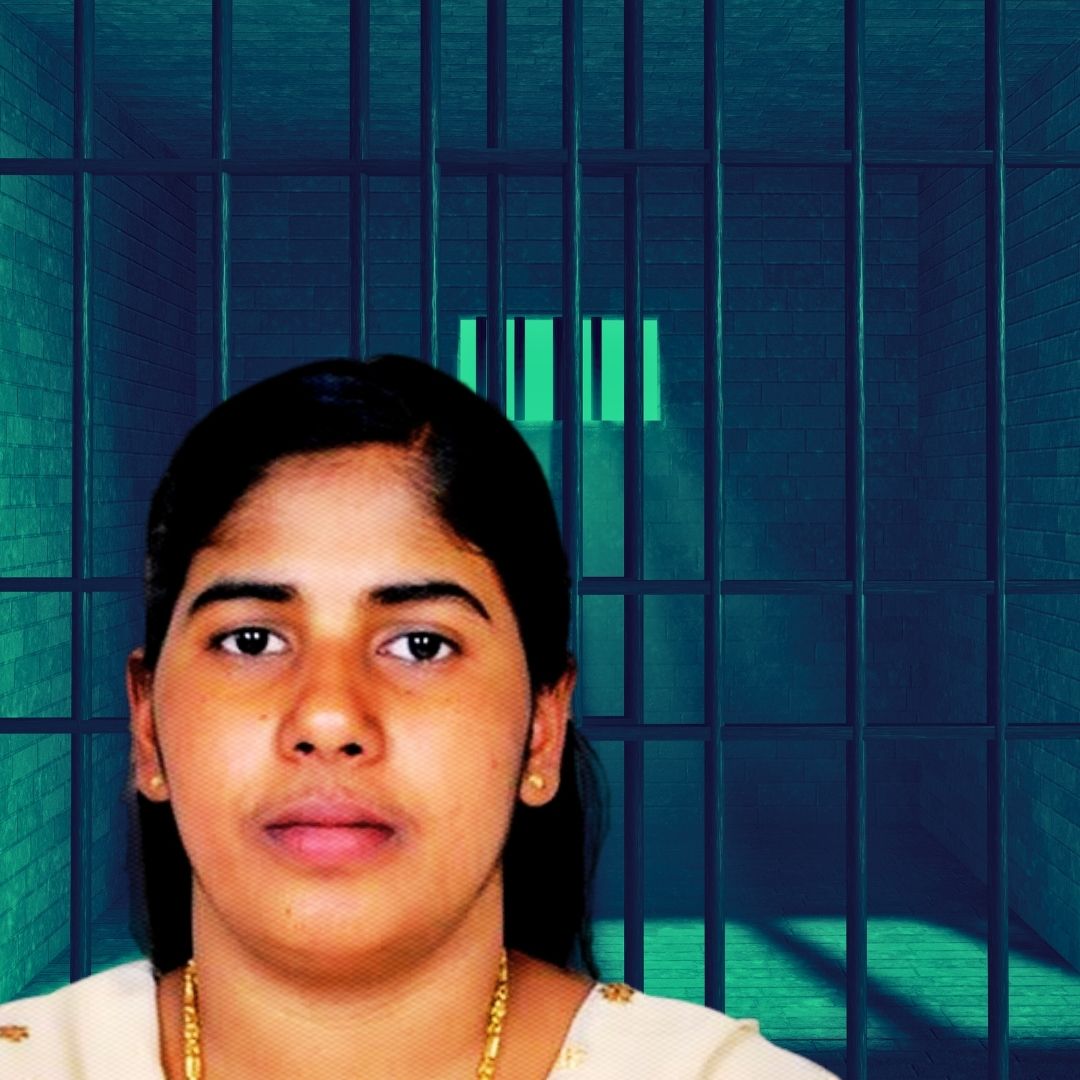The execution of Indian nurse Nimisha Priya, originally scheduled for July 16, 2025, in Yemen, has reportedly been postponed following sustained diplomatic and religious efforts. Yemeni local authorities have reportedly agreed to delay the sentence after extensive negotiations involving Indian government officials and the intervention of Kerala’s spiritual leader Kanthapuram A P Aboobacker Musliyar.
According to reports, Kanthapuram engaged directly with the family of the Yemeni victim, urging them to consider accepting blood money (diya) as an alternative to execution. Indian authorities continue to maintain regular contact with Yemeni officials and religious figures, with talks ongoing and cautious optimism prevailing for a positive resolution.
Diplomatic and Religious Mediation Lead to Execution Stay
According to reports, Nimisha Priya, who was convicted in 2020 for the murder of her Yemeni business partner Talal Abdo Mahdi, was scheduled to be executed on July 16 by judicial authorities in Sana’a, Yemen — a region controlled by the Houthi group. Indian officials have reportedly engaged in sensitive negotiations with Houthi judicial and prison authorities along with spiritual leaders from Kerala and representatives of the Yemeni community.
These efforts aimed to persuade the victim’s family to accept diya (blood money), a culturally and legally recognised alternative under Islamic law. A senior government source, speaking on condition of anonymity, reportedly said, “Despite the sensitive nature of the case, continuous dialogues with the local jail and prosecutor’s office have resulted in the postponement of the execution.”
The intervention of Kanthapuram A P Aboobacker Musliyar has been described as pivotal in breaking the long-standing communication impasse with the victim’s family and local Yemeni leaders.
Background: Complex Legal and Cultural Dynamics
Reports state that Nimisha Priya was convicted in connection with the murder tied to her business dealings dating back to 2017. Yemen’s Supreme Judicial Council upheld the death sentence in 2023. The case’s location in a war-torn region limits the scope of India’s formal diplomatic channels, complicating efforts to secure clemency.
According to sources familiar with Islamic jurisprudence, diya is a recognised process that allows the victim’s family to pardon the accused in exchange for monetary compensation, which can commute the death sentence.
This ancient legal mechanism, combined with ongoing diplomatic efforts, reportedly forms the core strategy behind the continuing attempts to save Priya’s life amid the complex geopolitical and legal challenges that surround the case.
The Logical Indian’s Perspective
The postponement of Nimisha Priya’s execution reportedly highlights the power of empathy, dialogue, and cultural sensitivity in navigating life-and-death situations marked by legal and diplomatic complexity.
The Logical Indian supports approaches that place human dignity, compassion, and peaceful resolution at the forefront, while also respecting diverse cultural and legal traditions.
This case demonstrates the importance of collaborative engagement that bridges cultural and political divides, protecting vulnerable individuals caught in complex circumstances.
The execution of Nimisha Priya, which was scheduled to take place tomorrow (16/07/25), has been postponed to another day.
— Sheikh Abubakr Ahmad الشيخ أبوبكر أحمد (@shkaboobacker) July 15, 2025
This is the verdict given by the Public Prosecution of Specialized Criminal Court, Republic of Yemen, today. pic.twitter.com/QvPrrF8zCu











